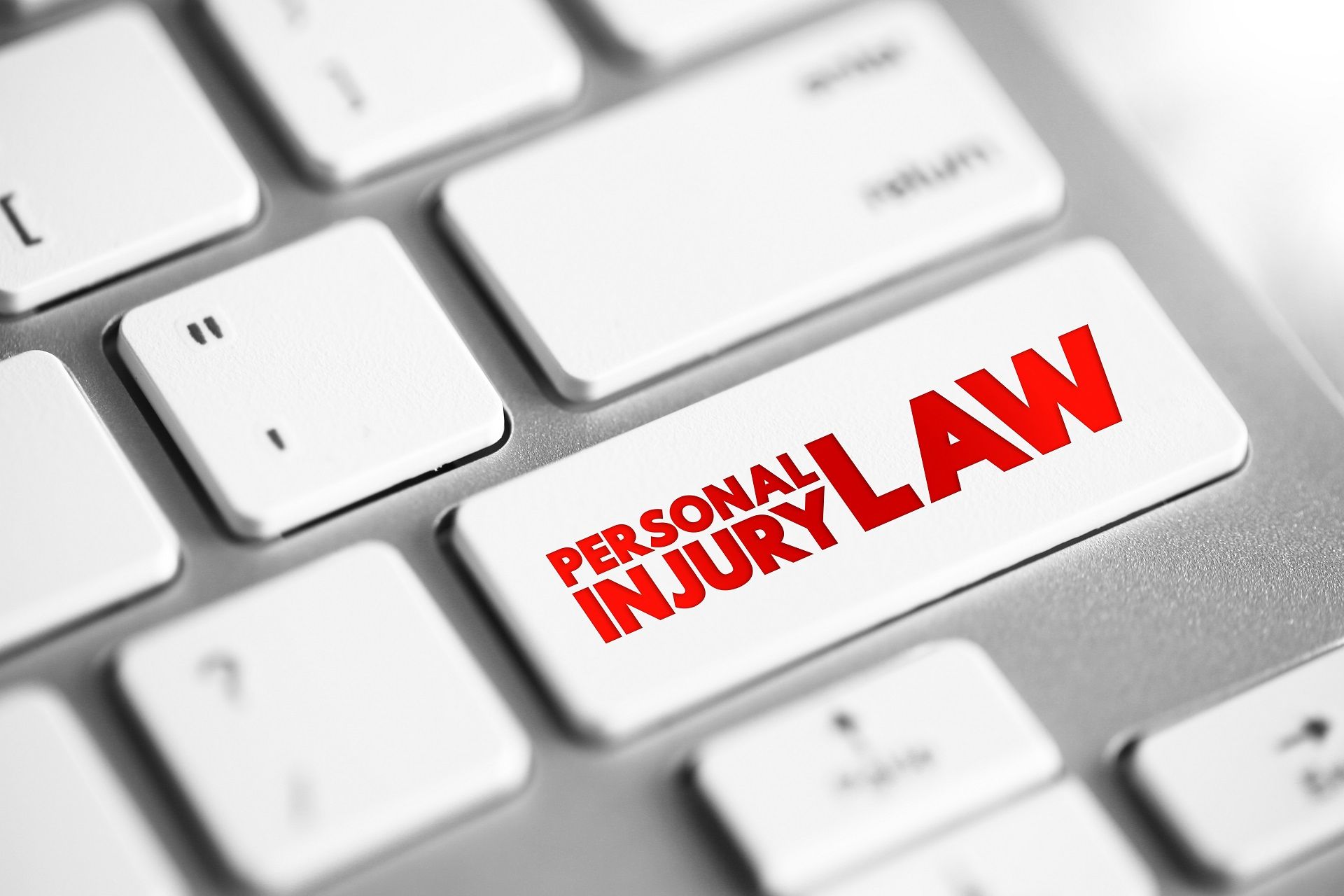What Is Medical Record Review In Legal Cases?

In medical record review, researchers review patients’ medical records to discover patterns that help doctors make decisions about medical care. For instance, they track medication prescriptions and patient responses.
Medical records or charts are at the center of most, if not all personal injury lawsuits. Since evidence is necessary to ascertain the logical financial value of an injury, reviewing these medical records is of utmost importance when building a case.
Furthermore, the plaintiff's medical records paint a clear picture of all the therapeutic encounters they had following the injury. As such, a clear overview of medical data will provide objective proof of the time and date of injury, as well as diagnostic studies and the treatments that were conducted.
All this valuable data can be obtained via professional medical record review, which is why attorneys should use this service to have an easier time arguing their cases.
Importance of Medical Facts in a Personal Injury case
Medical record review is a process in which an expert evaluates the plaintiff’s healthcare data for legal purposes. The person reviewing the medical records will scour them to ascertain whether they’re complete and accurate, and extract medical facts relevant to the case.
Why is this important?
We first have to consider the three key considerations in personal injury claims:
- Liability - who is responsible for the accident and the injury?
- Causation - was the injury directly caused by the accident?
- Quantum - what’s the amount of compensation due to the plaintiff/claimant for the injury?
Naturally, establishing liability is the first step. Once the attorney successfully demonstrates that the defendant breached the duty of care or has otherwise acted negligently, it’s required to prove causation.
This is where the medical record review comes into play. Medical records can prove that the accident caused or at least exacerbated the injury. In addition, a
medical record report will explain the details of the injury, how it impacted the claimant’s life, how long will it take for the claimant to make a full recovery, and if any medical issues are likely to occur in the future.
Once causation is established, the medical record review can be used to certify the quantum or the monetary value of the injury.
Medical records are equally important for the defense and both parties can use them to not only evaluate the injuries but assess the feasibility of the case. Moreover, concise medical information extracted by an expert medical record review will also evaluate whether the claimant had any pre-existing injuries.
What Makes Reviewing Medical Records Challenging?
There’s a good reason why attorneys and insurance carriers hire third-party experts when reviewing medical records - they’re simply too extensive and complicated. Plus, for litigation purposes, it’s mandatory to have an extracted report and a concise breakdown of the medical documentation.
Here’s why medical record review is such a complex process:
1. Sheer volume of records
The medical records in question may constitute hundreds of pages brimming with complex medical terminology. This is because every time the plaintiff visits a healthcare provider, they’ll update all the health information, observations, doctor notes, and treatment options.
An in-house legal team would have to dedicate a significant chunk of their time and effort to reviewing and analyzing these records. This is exhausting because examining medical records requires a lot of accuracy, along with medical expertise (that most paralegals may not possess).
2. Medical records are typically disjointed
When medical records arrive at the attorney’s offices during discovery, they’ll come in “raw”. All the medical providers (including hospitals, doctors, and pharmacists) will send their records on different dates.
Because of this, the records will contain irrelevant documents, duplicates, or records that don’t pertain to the injury in question. As such, it may take hours upon hours to organize these files, let alone review the information contained within.
To make matters worse, some records could be missing, which is a challenge in itself as it’s necessary to collect all medical bills or other documents based strictly on medical terminology.
3. Records lack any narrative data
Modern medical records are electronic in most cases. While this is great for medical providers as electronic records are convenient and easy to back up, attorneys and other laypeople will have a hard time interpreting this information.
Medical records may not include physician observations or any narrative data, which makes it impossible to actually understand the real-world impact of the injury.
A
medical record review specialist will have no problem with this, however. They’ll easily transcribe all the doctor's information to a legible format and provide a narrative structure to otherwise disjointed information.
4. Complexity of the terminology
Some medical professionals (especially general physicians) still use archaic handwritten health records. As you can imagine, this usually only makes sense to their colleagues and makes it close to impossible to accurately track the source of the records and confirm the details.
Also, even with electronic records, the information may still only be clear to a medical professional.
Let the Pros Handle it
Medical records never lie. They’ll highlight all the information needed to describe the actual impact of the injury - from its severity, to how the event in question impacts the plaintiff’s life, all the way to making informed predictions on how the injury will affect the plaintiff as time goes by.
Still, each case is unique, and even a simple injury may result in thousands of pages of medical records. Yes, this information is important, but despite best efforts, most legal teams simply can’t adequately review these records on their own.
Fortunately, many companies employ experts who do the process of medical record review for a living. They have the knowledge and the resources to organize and interpret extensive medical records, extract the pertinent info, and help the legal team connect it all into an easy-to-digest narrative.
Since your client’s quality of life depends on the outcome of the case, you shouldn’t make any compromises. Medical records consultants working at
OAS have specialized skills and the experience requisite to conduct comprehensive assessments of complex healthcare information.
We’ll analyze and organize the records, create reports, and collaborate with relevant medical experts to provide a timely analysis at a reasonable price.
Contact OAS at
1-800-292-1919 or fill out our
contact form and work with the best medical record review company in the country.
Note:
The information in this blog post is for reference only and not legal advice. As such, you should not make legal decisions based on the information in this blog post. Moreover, there is no lawyer-client relationship resulting from this blog post, nor should any such relationship be implied. If you need legal counsel, please consult a lawyer licensed to practice in your jurisdiction.
RECENT POSTS
CONTACT US
We will get back to you as soon as possible.
Please try again later.
Evaluation Request
Contact Us
We will get back to you as soon as possible.
Please try again later.
Contact
Contact Us
We will get back to you as soon as possible.
Please try again later.
All Rights Reserved.
This website is managed by Oamii.







